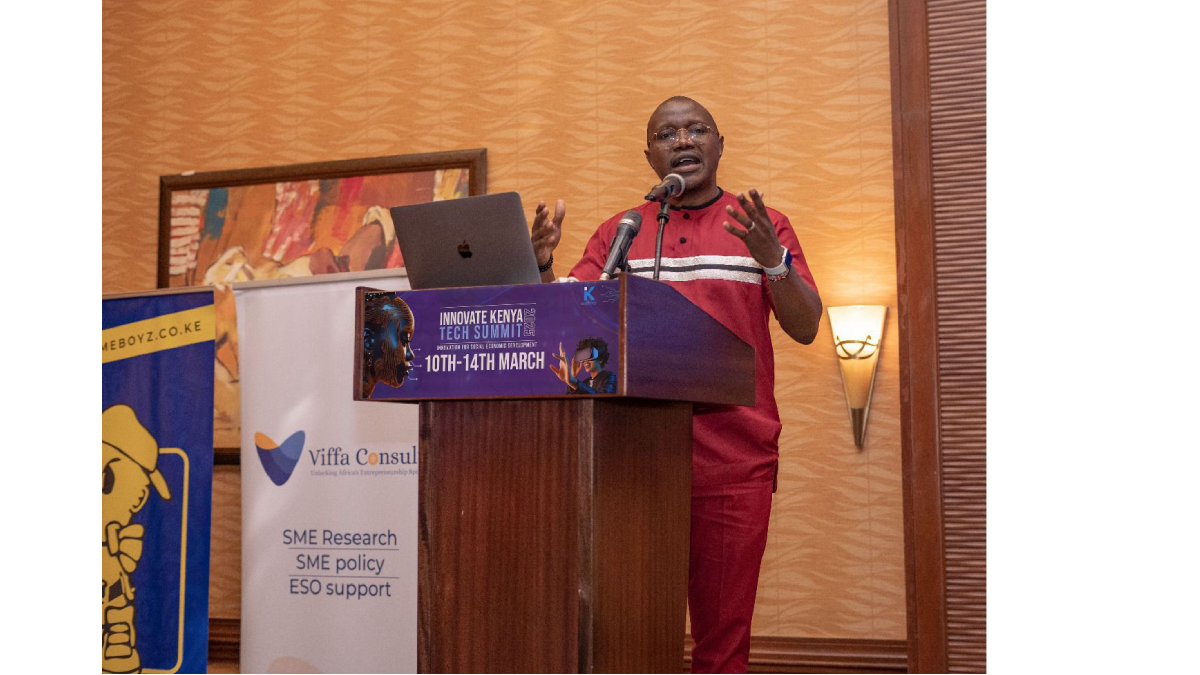Uasin Gishu County has been ranked the most business-friendly county in Kenya, according to the newly released 2025 County Business Support Index (CBSI) report by VIFFA Consult. The report, launched on October 21, 2025, provides a detailed assessment of the business climate for Micro, Small, and Medium Enterprises (MSMEs) and startups across 15 counties.
The study analyzed factors such as total licensing costs, SME support programs, and infrastructure development, drawing data from the Kenya National Bureau of Statistics (KNBS), County Finance Acts, and Annual Development Plans for FY 2025/26–2026/27.
Machakos and Nairobi followed Uasin Gishu as top performers, with Nakuru and Bungoma rounding out the top five. Meanwhile, Kisii, Kakamega, Nyandarua, Kajiado, and Makueni counties were ranked lowest in overall performance.
Speaking during the report launch, a representative from VIFFA Consult emphasized the report’s objective, saying, “The CBSI 2025 serves as a transparent and standardized framework to evaluate how counties are supporting businesses. It promotes accountability, competition, and evidence-based decision-making for both public and private stakeholders.”

The Index, which aligns with the government’s Bottom-Up Economic Transformation Agenda (BETA) and Medium-Term Plan IV, aims to boost MSME competitiveness and guide investment decisions.
In sector-specific rankings, Machakos emerged top in general trade, followed by Nyeri, Nairobi, Uasin Gishu, and Kiambu. For industrial plant and workshop licensing, Nyeri led the pack, ahead of Machakos, Nakuru, Bungoma, and Murang’a.
The CBSI 2025 report also shed light on key policy areas affecting businesses. It noted that most counties continue to prioritize market construction and local trade exhibitions but urged them to expand partnerships with national agencies such as KENINVEST and KEPROBA to help SMEs access regional and international markets.
On SME financing, the report identified limited capital and high default rates as major challenges. It recommended strengthening credit guarantee schemes in collaboration with the national government and financial institutions.
Additionally, the report called for the harmonization of CESS payments across regional blocs to reduce compliance costs and enhance inter-county trade.
“Counties are the engine of Kenya’s economic transformation,” the report concluded. “By fostering transparency, competition, and evidence-based policies, they can create sustainable environments for MSMEs to thrive.”
The CBSI 2025 report positions counties as key drivers of inclusive economic growth, setting a new benchmark for evaluating Kenya’s local business ecosystems.











